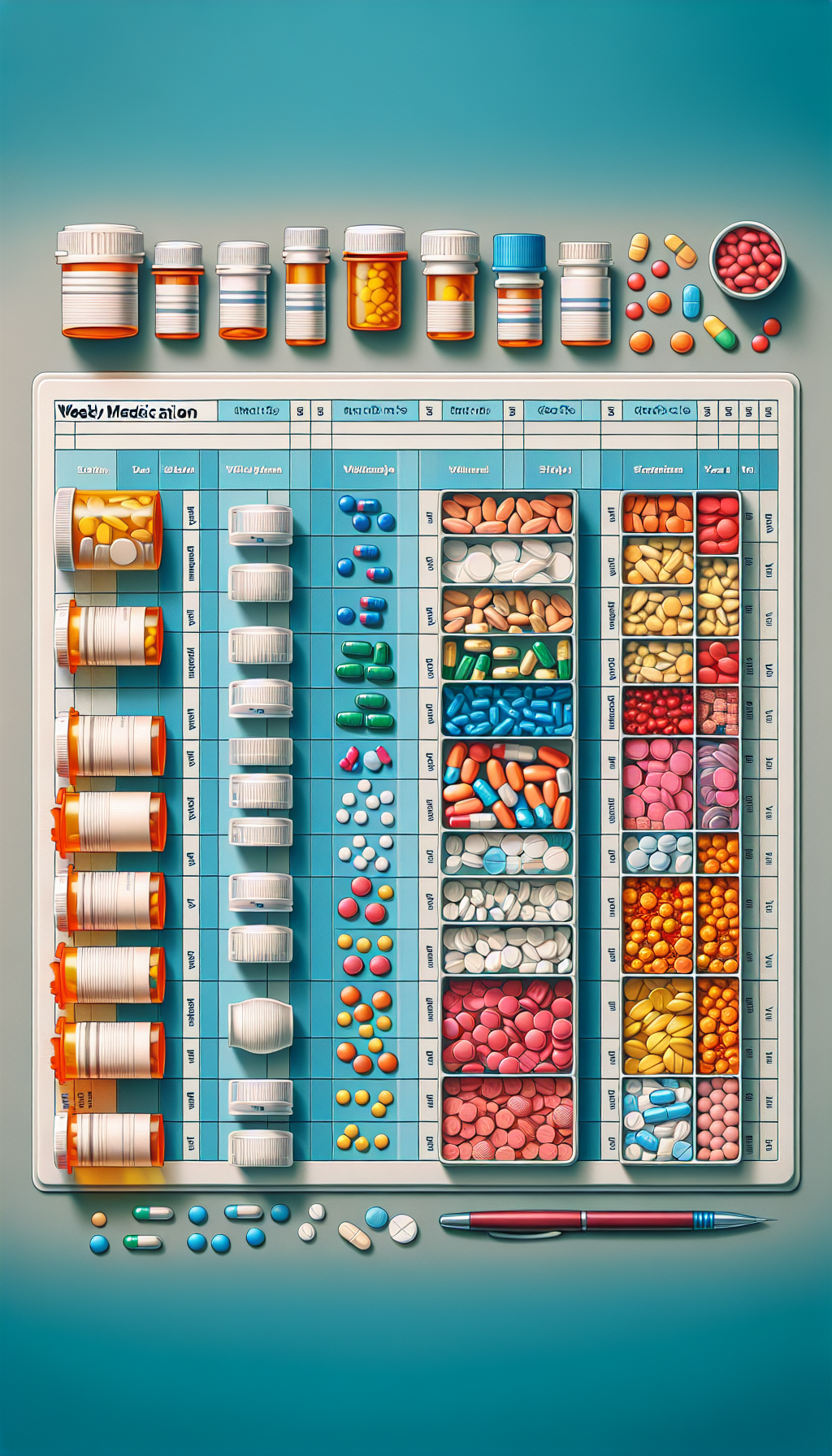In an era where medical advancements have led to the proliferation of medications and supplements, patient education has become a cornerstone of effective healthcare. The ability to understand and manage one’s medication is not just a convenience but a necessity for safety and efficacy. This comprehensive guide delves into the critical aspects of patient education in medication management and its far-reaching implications for individual and public health.
Understanding Medication Management
Medication management encompasses the strategies and processes used to ensure that medications are used as prescribed, with the goal of achieving the therapeutic outcomes intended by the healthcare provider. It includes understanding the medication’s purpose, dosage, route of administration, potential side effects, interactions with other medications or supplements, and the importance of adherence to the prescribed regimen.
The Role of Healthcare Providers
Healthcare providers play a pivotal role in patient education. They are responsible for conveying complex medical information in an understandable manner. This includes clear instructions on how to take medications, potential side effects, and the importance of adherence. Additionally, they should encourage patients to ask questions and express any concerns regarding their treatment.
For those interested in the intersection of medication and holistic health practices, Balancing Medication and Supplements with Holistic Health Practices offers valuable insights.
The Impact of Patient Education on Medication Adherence
Adherence to medication regimens is critical for achieving desired health outcomes. Non-adherence can lead to treatment failures, increased healthcare costs, and higher rates of hospitalizations. Educated patients are more likely to follow their treatment plans, recognize and manage side effects, and avoid dangerous drug interactions.
Strategies for Enhancing Patient Education
Effective patient education strategies may include:
- Personalized Education: Tailoring the information to the individual’s needs, literacy level, and cultural background.
- Multiple Communication Channels: Using verbal instructions, written materials, and digital resources to reinforce learning.
- Engagement and Empowerment: Encouraging active participation in the management of one’s own health.
Further reading on the safety and management of medication can be found in the article on Medication Therapeutic Index and Patient Safety.
The Role of Digital Tools in Medication Management
In the digital age, various tools and technologies have emerged to aid in medication management. These include mobile apps, electronic reminders, and patient portals which can help patients keep track of their medication schedules, receive reminders, and access educational resources.
Benefits of Digital Tools
- Convenience: Digital tools allow patients to manage their medications anywhere, at any time.
- Personalization: Apps can be customized to individual schedules and preferences.
- Accessibility: Digital resources are often more accessible for patients with mobility issues or those in remote areas.
Addressing Barriers to Effective Medication Management
Despite the availability of educational resources and tools, barriers to effective medication management remain. These include health literacy challenges, cultural differences, complex regimens, and financial constraints.
Overcoming Barriers
Strategies to overcome these barriers may involve:
- Simplified Communication: Using plain language and visual aids to explain medication use.
- Cultural Competence: Understanding and respecting cultural perspectives on medication and healthcare.
- Support Systems: Providing access to support groups or peer networks for shared learning experiences.
An in-depth look at the regulatory landscape, which affects medication management, can be found in The Changing Landscape of Pharmaceutical Regulations.
The Importance of Ongoing Education
Medication management is not a one-time event but an ongoing process. As medications are introduced or discontinued, and as the patient’s health status changes, continuous education is necessary to maintain safety and effectiveness.
Role of Follow-Up Appointments
Regular follow-up appointments provide an opportunity for healthcare providers to review and update the patient’s medication regimen, reinforce education, and address any emerging issues.
External Resources for Further Learning
- The American Pharmacists Association offers extensive resources on medication safety and management.
- The Institute for Safe Medication Practices provides guidelines and tools for preventing medication errors.
- The National Council on Patient Information and Education focuses on improving communication about the safe and appropriate use of medicines.
Conclusion
Patient education in medication management is a multifaceted endeavor that requires the collaboration of healthcare providers, patients, and the broader health system. By prioritizing and investing in educational strategies, we can ensure that patients are well-informed and equipped to manage their medications effectively, leading to improved health outcomes and quality of life.



